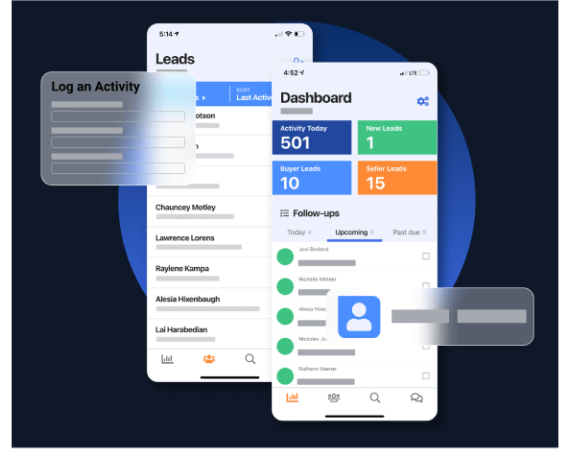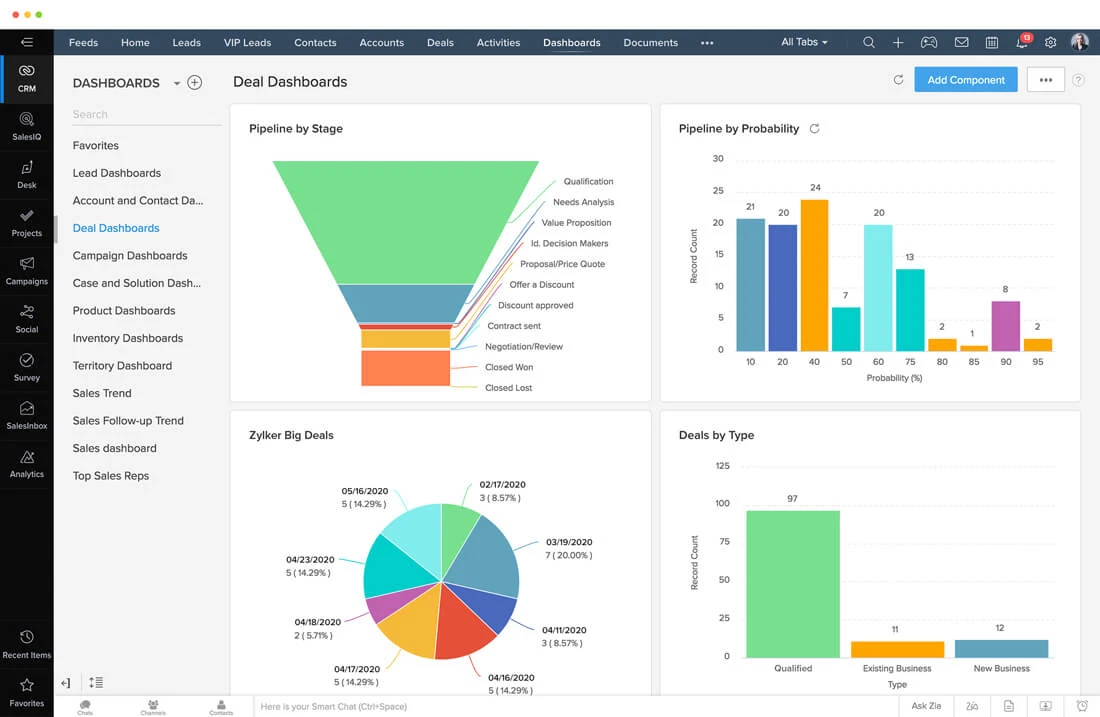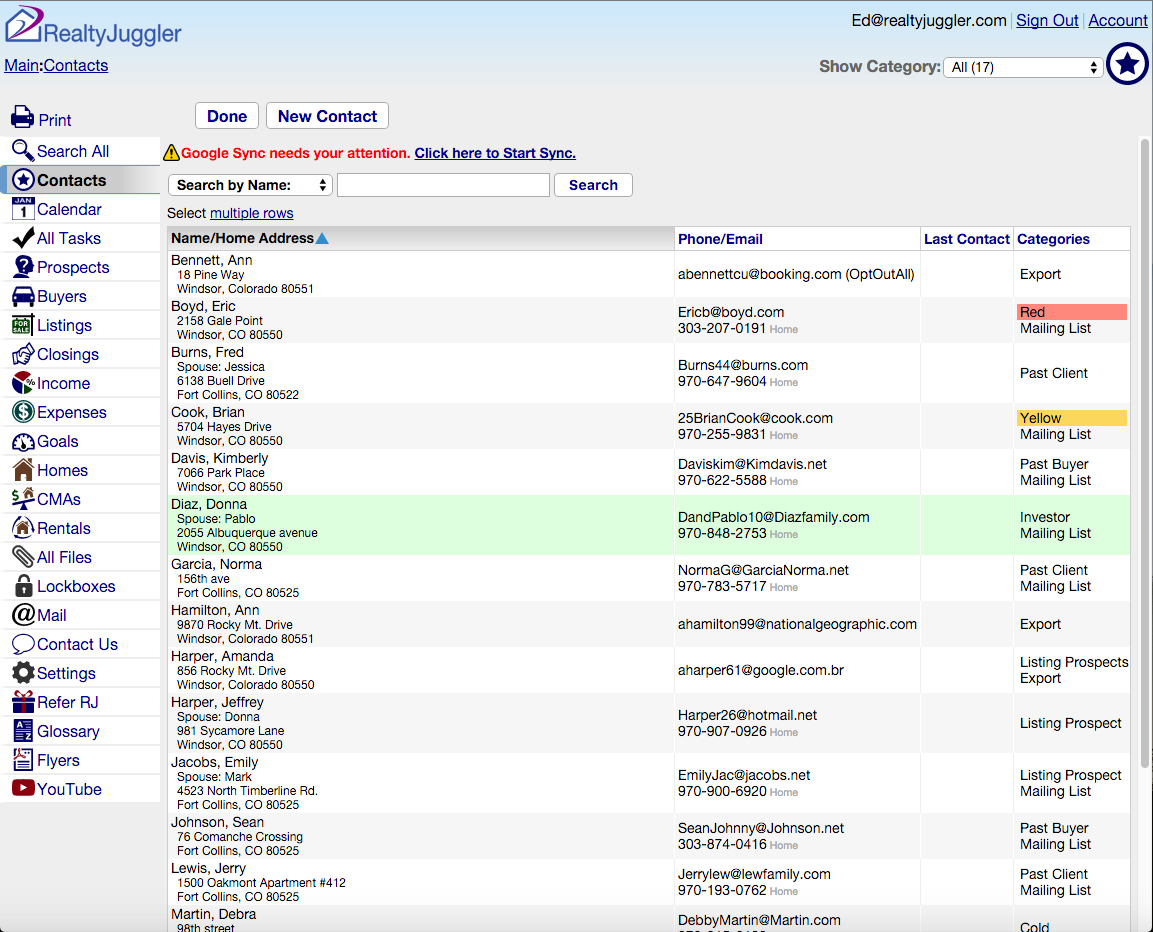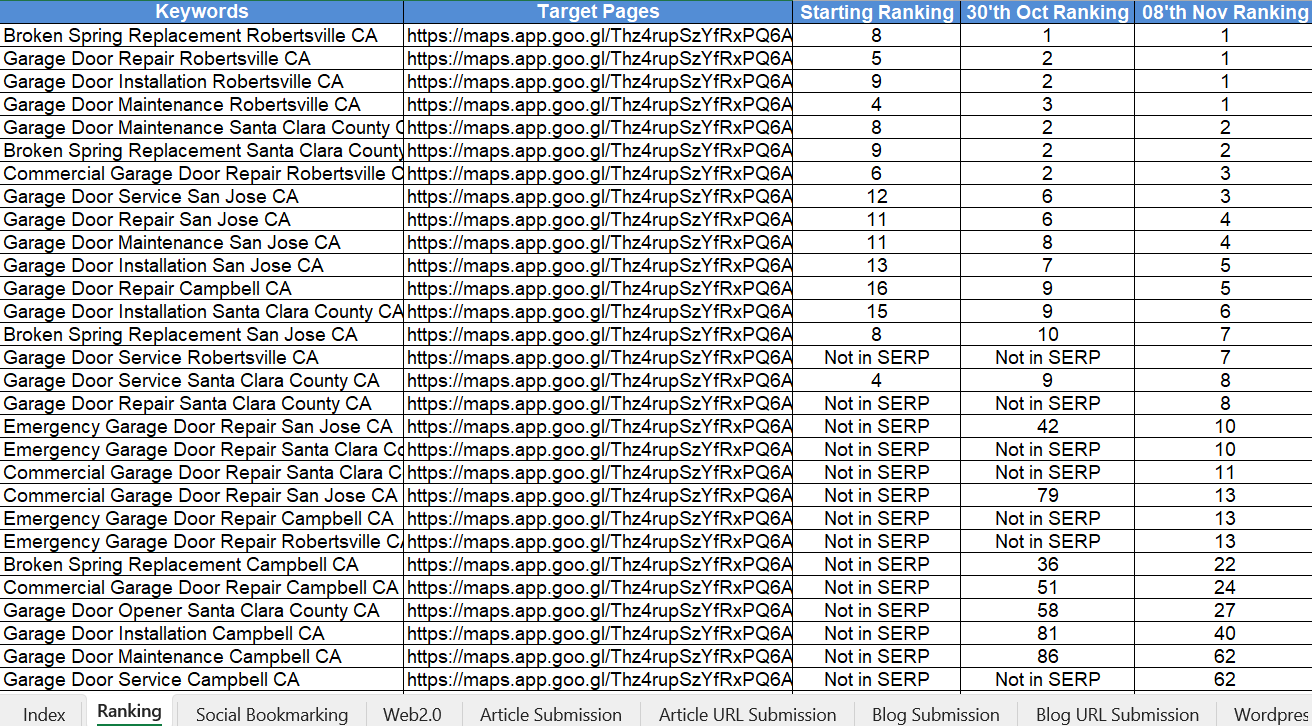The Ultimate Guide to Hotel Advertising
The Comprehensive Guide to Hotel Advertising
Enhance your hospitality marketing strategy with effective Hotel Advertising techniques and insights.

Introduction
In the competitive landscape of the hospitality industry, effective advertising is paramount to attract and retain guests. Hotel Advertising encompasses a range of strategies and platforms designed to increase visibility, drive bookings, and build brand loyalty. This comprehensive guide delves into various aspects of hotel advertising, providing actionable insights and best practices to elevate your marketing efforts.
Whether you manage a luxury hotel, a budget motel, or a boutique establishment, understanding the nuances of hotel advertising will enable you to craft campaigns that resonate with your target audience. From leveraging digital channels to implementing traditional advertising methods, this guide covers essential strategies, examples, ideas, templates, and types of hotel advertising to help you achieve your business objectives.
Can You Advertise for Hotels?
Absolutely. Hotel advertising is a critical component of any successful hospitality marketing strategy. By utilizing various advertising platforms and techniques, hotels can reach potential guests, showcase their unique offerings, and differentiate themselves from competitors. Effective advertising not only drives direct bookings but also enhances brand recognition and reputation in the market.
According to the Statista report on advertising expenditure in the travel and hospitality industry, investment in advertising correlates strongly with increased occupancy rates and revenue growth. Therefore, allocating resources to strategic advertising initiatives is essential for sustained success in the hospitality sector.

Free Ads for Hotels
Free advertising options provide an excellent starting point for hotels looking to increase their online presence without significant financial investment. These methods leverage organic reach and cost-effective platforms to attract potential guests.

How to Create Free Ads for Hotels
Creating free ads for hotels involves utilizing platforms that offer no-cost advertising opportunities. Key methods include:
- Google My Business: Register your hotel on Google My Business to enhance local search visibility and appear in Google Maps searches.
- Social Media Platforms: Use Facebook, Instagram, and Twitter to post engaging content, interact with followers, and promote special offers.
- Online Directories: List your hotel on free online directories such as TripAdvisor and Booking.com.
- Content Marketing: Publish informative blog posts and articles on your website to attract organic traffic through SEO.
Benefits of Free Ads
- Cost-effective marketing solution
- Ideal for new listings and small establishments
- Accessible to all hotel types
- Basic exposure to potential guests
While free ads are beneficial for increasing initial visibility, combining them with paid advertising strategies can significantly enhance overall marketing effectiveness.
Best Ads for Hotels
Crafting the best ads for hotels requires a strategic approach that combines compelling visuals, targeted messaging, and effective placement. High-quality advertisements not only attract attention but also convert interest into bookings.

Key Elements of the Best Hotel Ads
- High-Quality Images: Use professional photography to showcase your hotel's amenities, rooms, and unique features.
- Engaging Descriptions: Write clear and persuasive descriptions that highlight what sets your hotel apart.
- Targeted Keywords: Incorporate relevant keywords to improve search engine optimization (SEO) and reach your desired audience.
- Clear Call-to-Action: Encourage potential guests to book a room, visit your website, or contact your hotel for more information.
Additionally, incorporating customer testimonials and reviews can enhance credibility and trust, making your ads more effective in converting viewers into guests.
Hotel Advertising Cost
Understanding the costs associated with hotel advertising is essential for budgeting and maximizing return on investment (ROI). Hotel advertising costs can vary widely depending on the platforms used, the scope of the campaign, and the targeted audience.
Factors Influencing Hotel Advertising Cost
- Ad Type: Different types of ads, such as display ads, pay-per-click (PPC), and social media ads, have varying costs.
- Geographical Location: Advertising costs can fluctuate based on the competitiveness of the hospitality market in your area.
- Duration and Frequency: Longer campaigns and higher ad frequencies typically incur higher costs.
- Targeting Options: Advanced targeting features, such as demographic and behavioral targeting, may increase advertising expenses.
- Creative Elements: High-quality visuals and professionally crafted content can influence overall advertising costs.
Typical Pricing Models
Hotel advertising platforms offer various pricing models to accommodate different budgets and objectives:
- Cost-Per-Click (CPC): Pay only when a user clicks on your ad. This model is commonly used in PPC campaigns.
- Cost-Per-Thousand Impressions (CPM): Pay based on the number of times your ad is displayed, regardless of clicks.
- Flat-Rate Pricing: Pay a fixed fee for a set period, providing consistent ad placement over time.
Maximizing Your Advertising Budget
To optimize your advertising budget, consider the following strategies:
- Define Clear Objectives: Establish specific goals for your advertising campaigns, such as increasing direct bookings or enhancing brand awareness.
- Target Wisely: Use precise targeting options to reach the most relevant audience, minimizing wasted ad spend.
- Monitor and Adjust: Continuously track ad performance and make data-driven adjustments to improve ROI.
- Utilize Analytics Tools: Leverage tools like Google Analytics to gain insights into campaign performance and guest behavior.
By strategically managing your advertising expenditures, you can ensure that each dollar contributes effectively to your marketing objectives.
Hotel Advertising Login
Accessing your hotel advertising dashboard is crucial for managing campaigns, tracking performance, and optimizing strategies. Most advertising platforms offer a straightforward login process to ensure seamless access to your account.
Steps to Log In to Hotel Advertising Platforms
- Navigate to the Google Ads Login Page or your chosen advertising platform's login page.
- Enter your registered email address and password.
- Click on the "Sign In" button to access your account.
- Once logged in, navigate to the "Campaigns" or "Advertising" section to manage your hotel advertising efforts.
Troubleshooting Login Issues
If you encounter issues during the login process, consider the following steps:
- Ensure that your email and password are entered correctly.
- Use the "Forgot Password" feature to reset your password if necessary.
- Clear your browser cache and cookies or try accessing the login page in an incognito window.
- Contact the platform's support team for further assistance if problems persist.
Maintaining the security of your login credentials is paramount. Avoid sharing your password and consider enabling two-factor authentication (2FA) for added security.
10 Effective Hotel Advertising Strategies
Implementing effective advertising strategies is essential for maximizing your hotel's visibility and attracting a steady stream of guests. Here are ten proven strategies to enhance your hotel advertising efforts:

- Leverage Social Media Marketing: Utilize platforms like Facebook Ads and Instagram Ads to reach a broad audience. Share engaging content, run targeted ad campaigns, and interact with your followers to build a strong online presence.
- Optimize Your Website for SEO: Ensure your website is optimized for search engines by incorporating relevant keywords, improving site speed, and creating high-quality content. Tools like Moz can help you analyze and enhance your SEO strategy.
- Invest in Pay-Per-Click (PPC) Advertising: Use PPC campaigns on platforms like Google Ads to drive immediate traffic to your website. Target specific keywords related to your hotel and location to attract potential guests actively searching for accommodations.
- Utilize Email Marketing: Send personalized email campaigns to past and potential guests with special offers, updates, and exclusive deals. Platforms like Mailchimp offer robust email marketing tools to manage and track your campaigns effectively.
- Collaborate with Influencers: Partner with travel influencers and bloggers to promote your hotel to their followers. Influencer collaborations can enhance your brand's credibility and reach a targeted audience interested in travel and accommodations.
- Create Compelling Content Marketing: Develop informative and engaging content, such as blog posts, videos, and infographics, that highlight local attractions, hotel amenities, and unique experiences. This not only attracts organic traffic but also positions your hotel as a trusted resource for travelers.
- Offer Special Packages and Promotions: Create attractive packages for holidays, romantic getaways, business travelers, and other specific guest segments. Promote these packages through your website, social media, and email marketing to entice bookings.
- Utilize Online Travel Agencies (OTAs): List your hotel on popular OTAs like Booking.com, Expedia, and Airbnb to increase your hotel's visibility and reach a wider audience.
- Implement Retargeting Ads: Use retargeting campaigns to reach users who have previously visited your website but did not complete a booking. Retargeting helps keep your hotel top-of-mind and encourages potential guests to return and make a reservation.
- Monitor and Analyze Performance: Regularly track the performance of your advertising campaigns using analytics tools. Analyze metrics such as click-through rates (CTR), conversion rates, and return on investment (ROI) to identify areas for improvement and optimize your strategies accordingly.
By implementing these strategies, you can create a comprehensive advertising approach that effectively attracts a diverse range of guests and maximizes your hotel's occupancy rates.
Hotel Advertising Examples
Analyzing successful hotel advertising examples can provide valuable insights and inspiration for your own campaigns. Here are some noteworthy examples that have effectively utilized various advertising strategies:
Example 1: Marriott International
Marriott utilizes a multi-channel advertising approach, combining traditional media with digital platforms. Their campaigns focus on brand consistency, highlighting luxury and exceptional guest experiences. Marriott's strategic use of high-quality visuals and compelling storytelling has significantly enhanced their brand presence globally.
Example 2: Hilton Hotels & Resorts
Hilton employs targeted email marketing campaigns to promote special offers and loyalty programs. Their personalized emails cater to different guest segments, encouraging repeat bookings and fostering brand loyalty. Additionally, Hilton leverages social media advertising to engage with their audience and showcase their diverse range of properties.
Example 3: Airbnb
Although not a traditional hotel chain, Airbnb's advertising strategies are highly effective. They focus on user-generated content and influencer partnerships to promote unique and personalized accommodations. Airbnb's innovative use of video content and social media has revolutionized the way people perceive and choose their accommodations.

These examples demonstrate the importance of a well-rounded advertising strategy that incorporates various channels and techniques to reach and engage with potential guests effectively.
Hotel Advertisement Ideas
Generating creative advertisement ideas can set your hotel apart in a saturated market. Here are some innovative ideas to inspire your next advertising campaign:
- Seasonal Campaigns: Create advertisements around holidays and seasons, offering special packages and themed experiences to attract guests looking for timely getaways.
- Local Experience Highlights: Showcase local attractions, events, and experiences that guests can enjoy during their stay. Collaborate with local businesses to offer exclusive deals.
- Guest Testimonials and Reviews: Feature positive reviews and testimonials from past guests in your advertisements to build trust and credibility.
- Interactive Content: Incorporate interactive elements like quizzes, polls, or virtual tours in your ads to engage potential guests and provide a personalized experience.
- Referral Programs: Encourage satisfied guests to refer friends and family by offering incentives such as discounts or complimentary services for successful bookings.
- Eco-Friendly Initiatives: Promote your hotel's sustainability efforts and eco-friendly practices to attract environmentally conscious travelers.
- Exclusive Partnerships: Partner with local influencers, travel bloggers, or media outlets to extend your reach and enhance your hotel's reputation.
- Video Advertisements: Utilize video content to showcase your hotel's ambiance, amenities, and guest experiences. Videos can be shared across various platforms for maximum impact.
- Limited-Time Offers: Create a sense of urgency with limited-time discounts or exclusive deals to encourage quick bookings.
- Personalized Ads: Use data-driven insights to create personalized advertisements tailored to individual preferences and behaviors, increasing the likelihood of conversion.
Implementing these creative advertisement ideas can help your hotel stand out, attract a diverse range of guests, and foster long-term loyalty.
Hotel Advertising Template
Utilizing a structured template can streamline the creation of effective hotel advertisements. Below is a comprehensive template to guide you in crafting compelling ads:
Hotel Advertising Template
- Headline: Create a captivating headline that immediately grabs attention. Example: "Discover Luxury and Comfort at Grand Oak Hotel"
- Visuals: Incorporate high-quality images or videos that highlight your hotel's best features, such as spacious rooms, stunning views, and exceptional amenities.
- Description: Write a concise and engaging description that emphasizes the unique aspects of your hotel. Include information about location, services, and any special offers.
- Target Audience: Define who your ad is aimed at—business travelers, families, couples, solo adventurers, etc.—to tailor your messaging accordingly.
- Call-to-Action (CTA): Encourage immediate action with clear CTAs like "Book Now," "Learn More," or "Reserve Your Stay Today."
- Contact Information: Provide your hotel's contact details, including phone number, email, and a direct link to your booking page.
- Special Offers: Highlight any discounts, packages, or exclusive deals to entice potential guests.
By following this template, you can ensure that your advertisements are well-structured, engaging, and effective in converting viewers into guests.
Types of Hotel Advertising
The realm of hotel advertising encompasses a diverse array of ad types, each offering unique advantages and catering to different marketing objectives. Understanding these types can help you select the most effective methods for your hotel's needs.
- Digital Advertising: Includes pay-per-click (PPC) campaigns, display ads, and social media advertising. Digital ads offer precise targeting and measurable results, making them a staple in modern hotel marketing.
- Print Advertising: Traditional ads in magazines, newspapers, and travel guides. While less prevalent than digital methods, print advertising can still reach specific demographics and local audiences effectively.
- Outdoor Advertising: Billboards, bus stops, and transit ads that capture the attention of passersby. Outdoor advertising is ideal for increasing brand awareness in high-traffic areas.
- Influencer Marketing: Collaborations with travel influencers and bloggers to promote your hotel to their followers. Influencer partnerships can enhance credibility and extend your reach to engaged audiences.
- Email Marketing: Sending targeted emails to potential and past guests with personalized offers, updates, and exclusive deals. Email marketing remains one of the most effective channels for direct communication.
- Content Marketing: Creating valuable content such as blog posts, videos, and infographics that engage and inform your audience. Content marketing helps establish your hotel as a trusted resource and improves SEO.
- Affiliate Marketing: Partnering with affiliates who promote your hotel in exchange for a commission on bookings. Affiliate marketing can expand your reach through a network of trusted promoters.
- Search Engine Optimization (SEO): Optimizing your website and online content to rank higher in search engine results. Effective SEO increases organic traffic and enhances online visibility.
- Retargeting Ads: Targeting users who have previously visited your website but did not complete a booking. Retargeting keeps your hotel top-of-mind and encourages potential guests to return and make a reservation.
- Event Sponsorship: Sponsoring local events to increase your hotel's visibility and association with community activities. Event sponsorship can enhance brand image and foster local connections.
Each type of hotel advertising offers distinct pathways to connect with potential guests. By diversifying your advertising efforts across multiple channels, you can maximize your hotel's reach and effectiveness.
Hotel Advertising Strategy
Developing a robust hotel advertising strategy is essential for achieving sustained success in the competitive hospitality market. A well-crafted strategy ensures that your advertising efforts are aligned with your business goals, target the right audience, and utilize the most effective channels.
1. Define Your Goals
Start by clearly defining what you aim to achieve with your advertising campaigns. Common goals include increasing direct bookings, enhancing brand awareness, promoting special offers, or targeting a new guest demographic. Having specific, measurable objectives will guide your strategy and help you assess success.
2. Understand Your Target Audience
Conduct thorough research to understand your target audience's preferences, behaviors, and needs. Factors such as age, income level, travel purpose, and booking habits can influence how you tailor your advertising messages and choose your advertising channels.
3. Choose the Right Advertising Channels
Select advertising channels that align with your target audience's media consumption habits. A mix of digital and traditional channels often yields the best results. Consider platforms like Google Ads for search-based advertising, social media for engagement, and email marketing for direct communication.
4. Craft Compelling Advertisements
Develop engaging and persuasive advertisements that highlight your hotel's unique selling points. Use high-quality visuals, clear messaging, and strong calls-to-action to capture attention and encourage bookings. Tailor your advertisements to resonate with different segments of your audience.
5. Allocate Your Budget Wisely
Determine your advertising budget based on your goals and the expected ROI of each advertising channel. Allocate more resources to high-performing channels while experimenting with new methods to discover additional growth opportunities.
6. Implement and Monitor Your Campaigns
Launch your advertising campaigns and closely monitor their performance using analytics tools. Track key metrics such as impressions, clicks, conversions, and ROI to evaluate the effectiveness of your campaigns. Tools like Google Analytics and platform-specific dashboards can provide valuable insights.
7. Optimize and Adjust Your Strategy
Based on performance data, make informed adjustments to your strategy. Optimize underperforming ads by tweaking elements like headlines, visuals, or targeting parameters. Scale up successful campaigns to maximize their impact and continually refine your approach to achieve better results.
A comprehensive hotel advertising strategy that encompasses goal setting, audience understanding, channel selection, compelling ad creation, budget management, and continuous optimization will position your hotel for sustained marketing success.
Conclusion
Effective hotel advertising is a cornerstone of successful hospitality management. By understanding and implementing diverse advertising strategies, hotels can significantly enhance their visibility, attract a steady stream of guests, and build a strong brand presence in the market.
Whether leveraging free advertising options to establish an online presence, investing in premium advertising to reach a broader audience, or utilizing specialized advertising strategies to target specific guest segments, a well-rounded advertising approach can drive significant business growth. It's essential to stay informed about industry trends, continuously monitor campaign performance, and adapt strategies to meet evolving market demands.
Embrace the opportunities that hotel advertising offers, and invest in strategies that align with your business goals. With the right approach, your hotel can achieve remarkable success in attracting and retaining guests in an increasingly competitive landscape.
Frequently Asked Questions
Can I create free ads for hotels?
Yes, many platforms offer the option to create free ads for hotels, allowing you to list your properties without any initial costs. This is an excellent way to gain visibility and attract potential guests without committing to a paid campaign. Platforms like Google My Business and TripAdvisor provide free listing options that can enhance your hotel's online presence.
What are the best ads for hotels?
The best ads for hotels are those that combine high-quality images, engaging descriptions, and targeted keywords. Utilizing features like virtual tours and highlighting unique property attributes can also enhance the effectiveness of your ads, making them more appealing to potential guests. Additionally, integrating guest testimonials and reviews can build trust and credibility.
What is the cost of hotel advertising?
Hotel advertising costs vary depending on the type of ad and the level of visibility you seek. Free ads are available at no cost, while premium advertising and pay-per-click (PPC) campaigns have associated fees. It's essential to evaluate your budget and advertising goals to choose the option that best suits your needs. For detailed insights into advertising costs, refer to resources like HubSpot.
How do I access hotel advertising login?
To access hotel advertising platforms, visit the respective login page such as the Google Ads Login Page. Enter your registered email and password, then navigate to the advertising section from your dashboard to manage your campaigns. Ensure you have an active account with the platform you intend to use.
What are 10 effective hotel advertising strategies?
The 10 effective hotel advertising strategies include leveraging social media marketing, optimizing your website for SEO, investing in pay-per-click advertising, utilizing email marketing, collaborating with influencers, creating compelling content marketing, offering special packages and promotions, utilizing online travel agencies (OTAs), implementing retargeting ads, and monitoring and analyzing performance regularly. These strategies help in reaching a broader audience and enhancing guest engagement.
Can I use motel advertising?
Absolutely! Motel advertising is a vital component of the hospitality industry. By utilizing targeted advertising strategies, motels can increase their visibility, attract more guests, and enhance their overall booking rates. Platforms like Booking.com and Expedia offer specific advertising solutions tailored for motels and budget accommodations.
What are some hotel advertisement ideas?
Some hotel advertisement ideas include seasonal campaigns, highlighting local experiences, sharing guest testimonials, creating interactive content, implementing referral programs, promoting eco-friendly initiatives, forming exclusive partnerships, producing video advertisements, offering limited-time offers, and utilizing personalized ads. These ideas help in engaging potential guests and differentiating your hotel from competitors.
What should I consider in a hotel advertising contract?
When reviewing a hotel advertising contract, consider factors such as the scope of services, payment terms, advertising duration, performance metrics, and termination clauses. Ensure that the contract aligns with your marketing objectives and provides clarity on both parties' responsibilities. It's advisable to consult with a legal professional to understand all terms thoroughly.
How can I optimize my hotel ads for better performance?
To optimize your hotel ads, focus on high-quality images, compelling property descriptions, and the use of targeted keywords. Additionally, leveraging advanced features like virtual tours, enhancing your profile with guest testimonials, and regularly updating your listings can significantly improve ad performance. Tools like Moz can assist in refining your SEO and keyword strategies.
Is premium hotel advertising worth the investment?
Yes, for many hoteliers, premium advertising is worth the investment due to its ability to increase visibility, generate high-quality leads, and provide access to exclusive tools and analytics. Premium options often include enhanced placement, advanced targeting, and comprehensive reporting, which can significantly enhance your marketing efforts and lead to greater booking success.
How do I track the performance of my hotel ads?
Most advertising platforms provide comprehensive analytics tools that allow you to track the performance of your ads. You can monitor metrics such as impressions, clicks, bookings generated, and conversion rates. Utilizing tools like Google Analytics and platform-specific dashboards helps you understand the effectiveness of your campaigns and make informed adjustments.
Can I use hotel advertising for conference facilities?
Yes, hotel advertising is not limited to room bookings. You can also advertise your conference facilities, event spaces, and other amenities, effectively reaching businesses and event planners looking for suitable venues. Highlighting features such as meeting rooms, audio-visual equipment, and catering services can attract corporate clients.
What makes premium hotel advertising different from regular advertising?
Premium hotel advertising offers enhanced features such as premium placement in search results, access to exclusive leads, and advanced marketing tools. Unlike regular advertising, premium options are designed to provide hoteliers with a comprehensive suite of resources to maximize their visibility and lead generation capabilities. This includes detailed analytics, priority support, and customized campaign strategies.
How do I cancel my hotel advertising contract?
To cancel your hotel advertising contract, review the termination clauses outlined in your agreement. Typically, you can contact the advertising platform's support team or manage your subscription settings through your account dashboard. Ensure you comply with any notice periods or conditions specified in the contract to avoid additional fees.
What support does the advertising platform provide for hoteliers?
Most advertising platforms offer comprehensive support for hoteliers, including dedicated account managers, customer service assistance, and access to a wealth of online resources and tutorials. Whether you're troubleshooting an issue or seeking guidance on optimizing your ads, the support team is there to help. Platforms like Google Ads Support provide extensive resources to assist you in managing your campaigns effectively.
The Ultimate Guide to Hotel Advertising Read More »












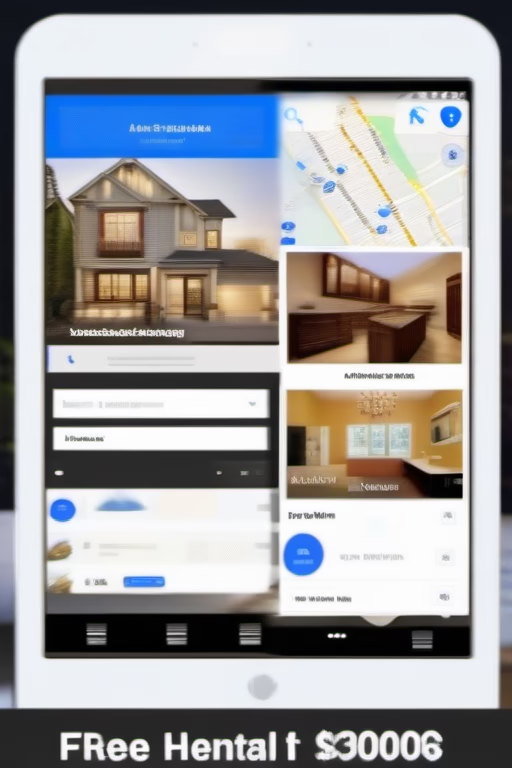
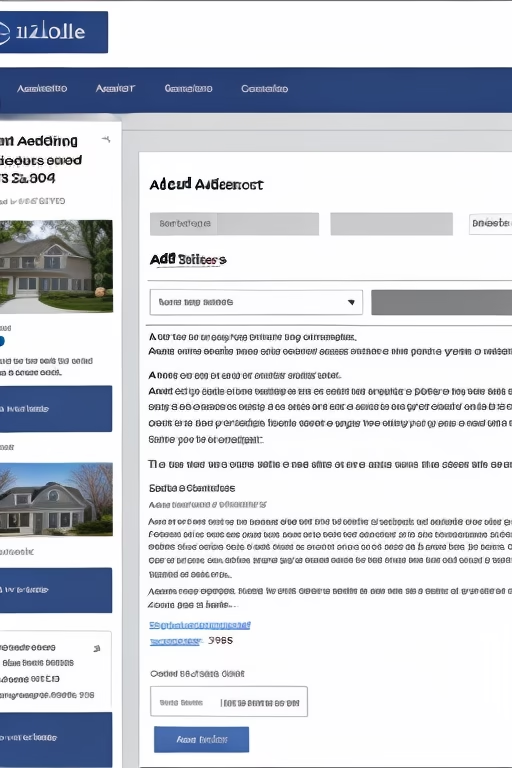
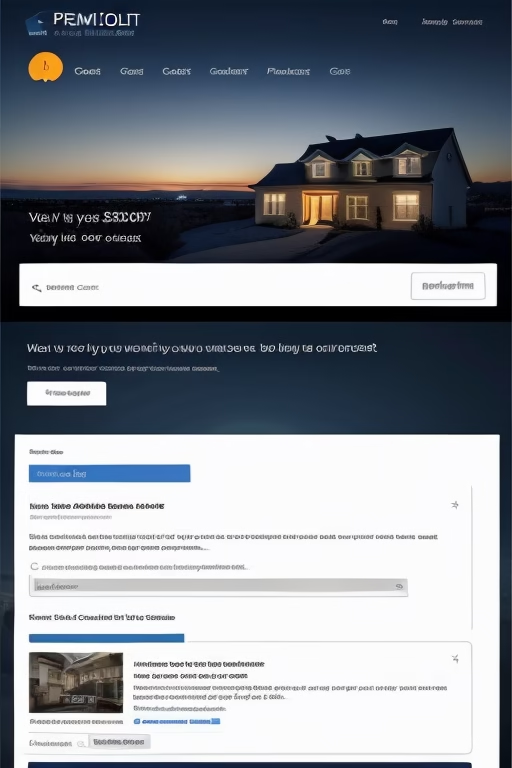
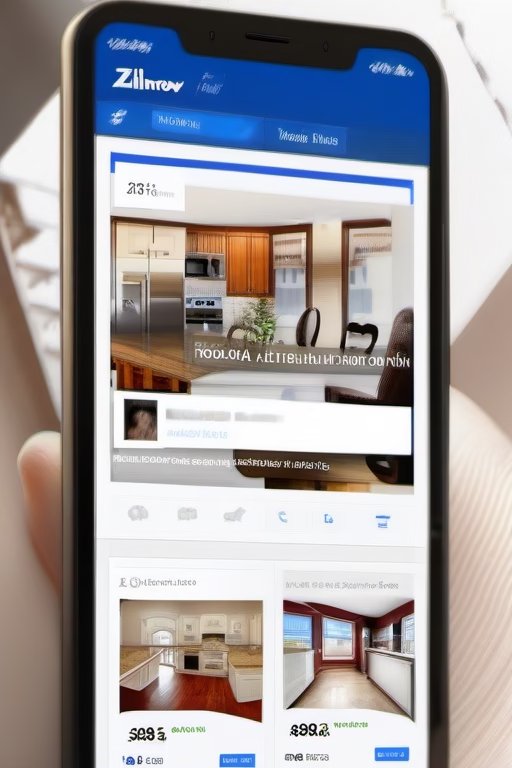






















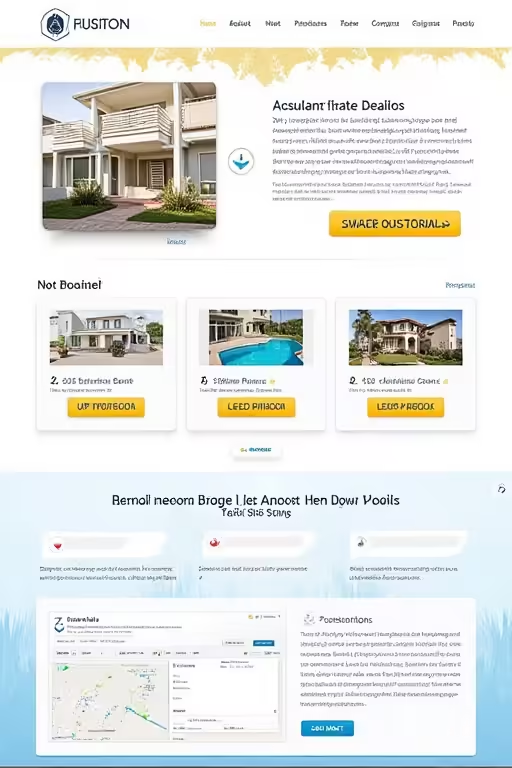
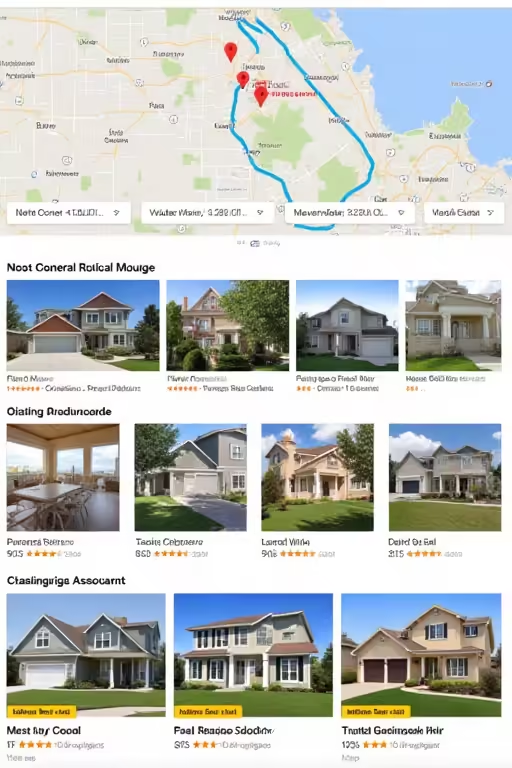
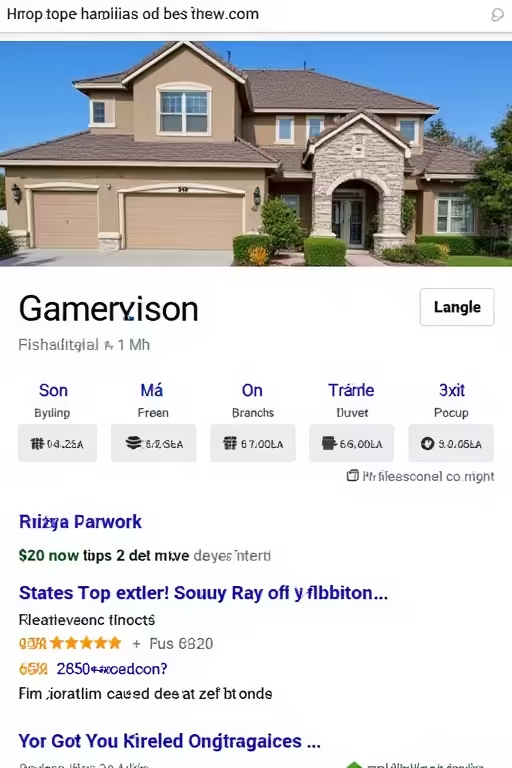



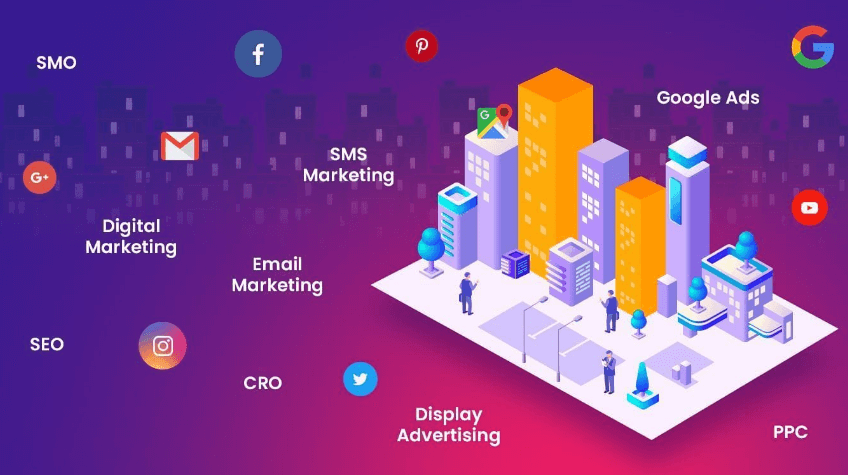

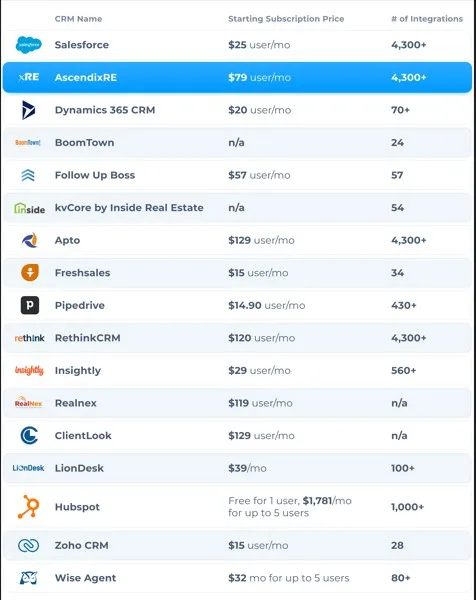
.png?width=1545&name=CRM_CRM-overview_with%20frame%20(1).png)
